Kinhtedothi- Officials who violate the provisions of the Law on Cadres and Civil Servants and other relevant legal provisions, depending on the nature and severity of the violation, will be subject to one of five forms of disciplinary action - a notable content in the draft Law on Cadres and Civil Servants (amended) that has just been completed.
Cases of officials being "dismissed"
The Ministry of Home Affairs has completed the draft Law on Cadres and Civil Servants (amended) and is seeking comments from agencies, organizations and individuals. This time, the draft Law provides regulations related to cadres and civil servants when organizing local governments at two levels (provincial and grassroots). Notably, the draft Law continues to devote a chapter to disciplinary issues, with a number of new points proposed by the drafting agency.
In particular, the draft clearly states that exemption from responsibility for cadres and civil servants is applied to 3 cases: cadres and civil servants must comply with illegal decisions of superiors but have reported to the decision maker before compliance; acts determined by competent authorities as daring to think, daring to do, daring to take responsibility for the common good; due to force majeure according to legal regulations.
Notably, according to the draft, officials who violate the provisions of the Law on Cadres and Civil Servants and other relevant legal provisions, depending on the nature and severity of the violation, will be subject to one of five forms of disciplinary action.
Specifically, the Ministry of Home Affairs proposed disciplinary measures, including: reprimand; warning; dismissal; removal from office; and removal from the position or title held. Removal from office only applies to officials approved to hold a position for a term.
At the same time, the application of disciplinary measures, authority, order and procedures for handling disciplinary actions against officials are carried out in accordance with legal provisions, regulations of the Communist Party of Vietnam, socio-political organizations and documents of competent agencies and organizations.
According to Decree 112/ND-CP, cadres are subject to 4 forms of disciplinary action: reprimand, warning, dismissal and removal from office. Thus, compared to current regulations, the Ministry of Home Affairs proposes to add a new form of "removal of the position and title held by the violating cadre".
5 forms of discipline for civil servants
Regarding disciplinary measures for civil servants, the draft clearly states that civil servants who violate the provisions of this Law and other relevant legal provisions, depending on the nature and severity of the violation, shall be subject to one of five disciplinary measures, including: reprimand, warning; dismissal; forced resignation; removal from office or title. According to current regulations, for civil servants holding leadership and management positions, disciplinary measures include reprimand, warning, demotion, dismissal, and forced resignation.
In case a civil servant does not hold a leadership or management position, there is no form of disciplinary dismissal, including only 4 forms: reprimand, warning, salary reduction, and forced dismissal.

Regarding the statute of limitations and the time limit for disciplinary action, the draft states that the statute of limitations for disciplinary action is the time limit after which an officer or civil servant who commits a violation will not be subject to disciplinary action. The statute of limitations for disciplinary action is calculated from the time of the violation.
The time limit for disciplinary action against cadres and civil servants is the period from the time of discovery of a disciplinary violation by a cadre or civil servant until the decision on disciplinary action is made by the competent agency or organization.
In addition, the draft amendment also stipulates that the implementation of other regulations related to disciplining cadres and civil servants is carried out in accordance with the provisions of law and of competent authorities.
Perfecting regulations on attracting talent into the civil service
In this draft Law, another notable content mentioned by the Ministry of Home Affairs is to perfect regulations on attracting and employing talented people in public service activities to meet requirements. The drafting agency believes that this is to continue institutionalizing the Party's policy on attracting and employing talented people, creating a full legal basis for the Government, all levels and sectors to implement.
Firstly, institutionalize the principle of implementing the public-private partnership mechanism on human resources in accordance with the spirit of Resolution No. 18 to attract the maximum number of experts, managers, business administrators, leading scientists, excellent graduates, and talented young scientists from the private sector to work in agencies in the political system.
At the same time, there is a policy to make good use of human resources in the system from cadres and civil servants with outstanding abilities, whose work results are demonstrated by specific achievements and products contributing to the agency, organization, unit and to the development of the country.
Second, implement the policy of building a special mechanism to attract overseas Vietnamese and highly qualified foreigners, build, connect and develop a network of domestic and international experts and scientists to take advantage of experience, intelligence and advanced achievements to continue to perfect the civil service and public service regime, towards an effective, efficient and efficient public service with the aim of serving the people and businesses.
Third, continue to assign the Government to issue specific mechanisms and policies; decentralize and delegate power to ministries, branches and localities based on the specific development requirements of the industry, field and locality to issue outstanding policies to attract talented people to work at agencies, organizations and units under their management authority.
The draft Law on Cadres and Civil Servants (amended) is expected to be submitted to the National Assembly for consideration at the 9th Session, opening in early May.
Source: https://kinhtedothi.vn/de-xuat-cac-hinh-thuc-ky-luat-can-bo-cong-chuc-vi-pham.html


![[Photo] Close-up of Vietnam's sniffer dog team searching for earthquake victims in Myanmar](https://vstatic.vietnam.vn/vietnam/resource/IMAGE/2025/4/1/d4949a0510ba40af93a15359b5450df2)


![[Photo] Relatives of victims of the earthquake in Myanmar were moved and grateful to the rescue team of the Vietnamese Ministry of National Defense.](https://vstatic.vietnam.vn/vietnam/resource/IMAGE/2025/4/2/aa6a37e9b59543dfb0ddc7f44162a7a7)

![[Photo] Third meeting of the Organizing Subcommittee serving the 14th National Party Congress](https://vstatic.vietnam.vn/vietnam/resource/IMAGE/2025/4/2/3f342a185e714df58aad8c0fc08e4af2)




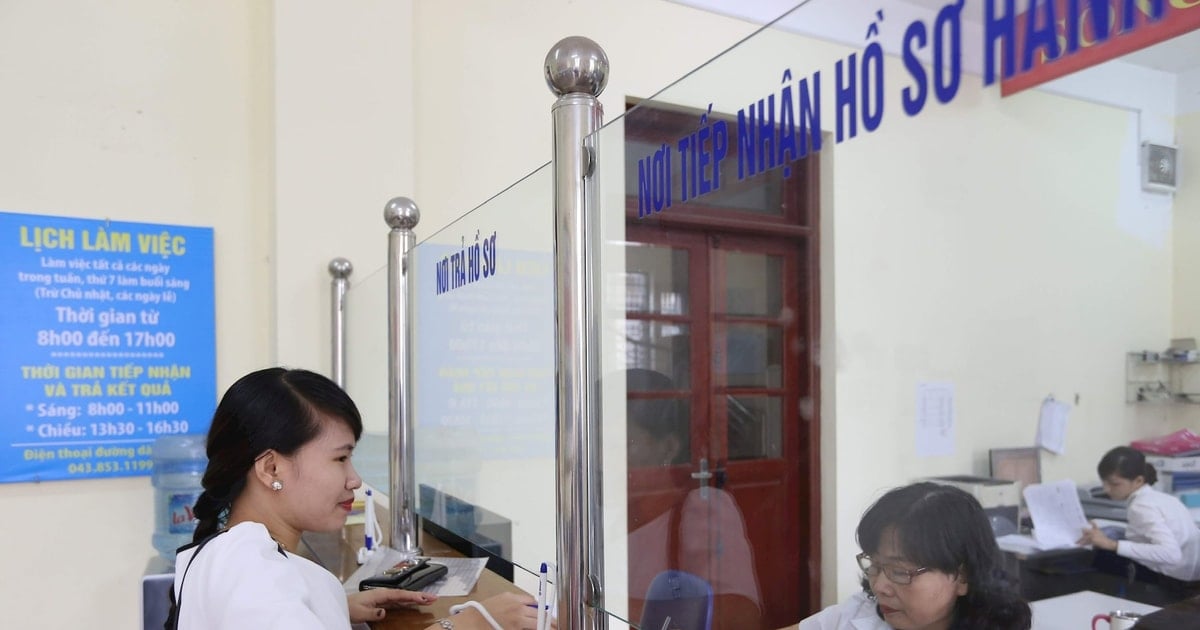


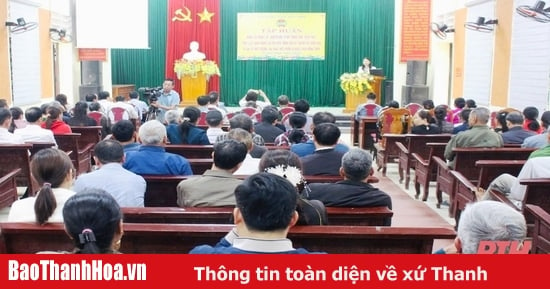
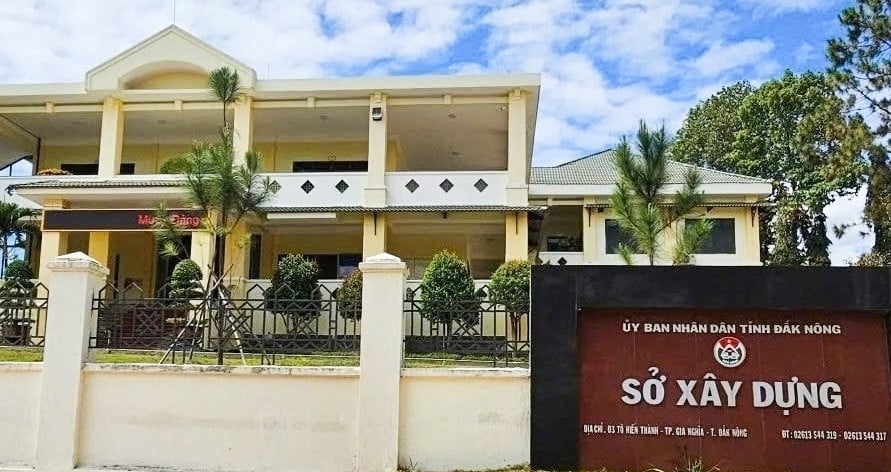




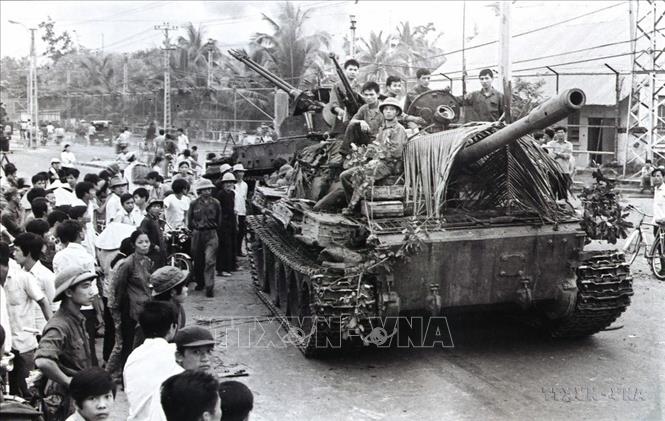








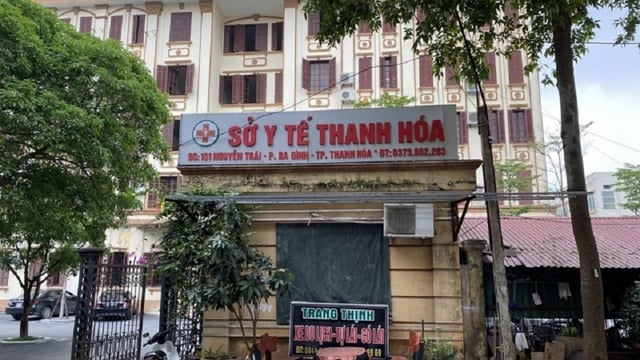

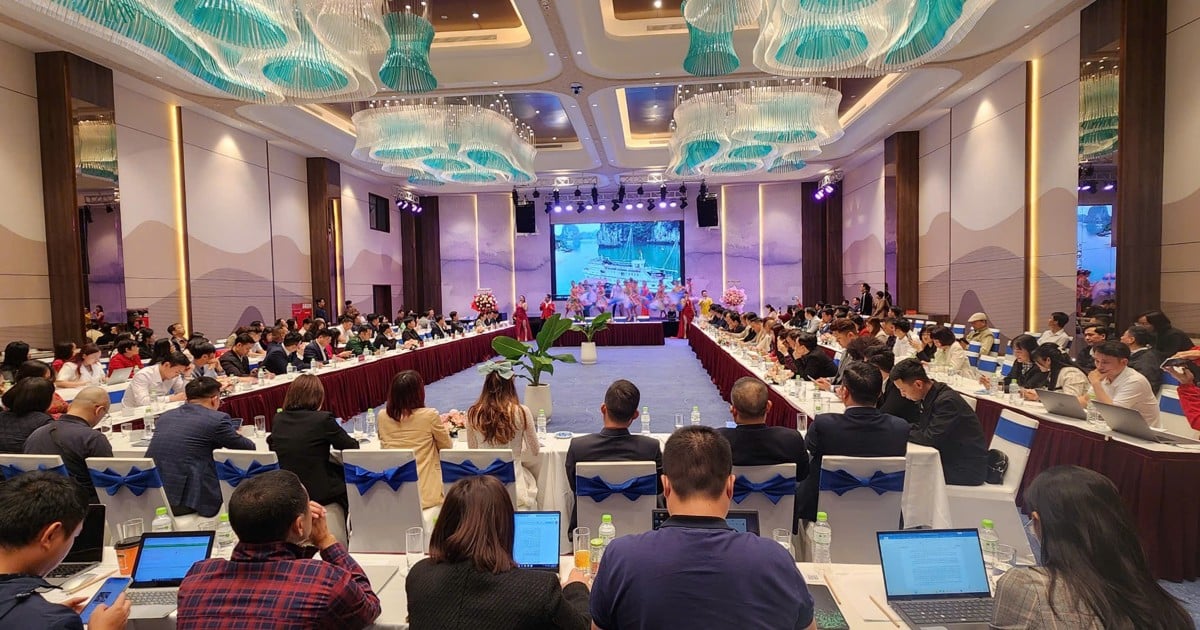





























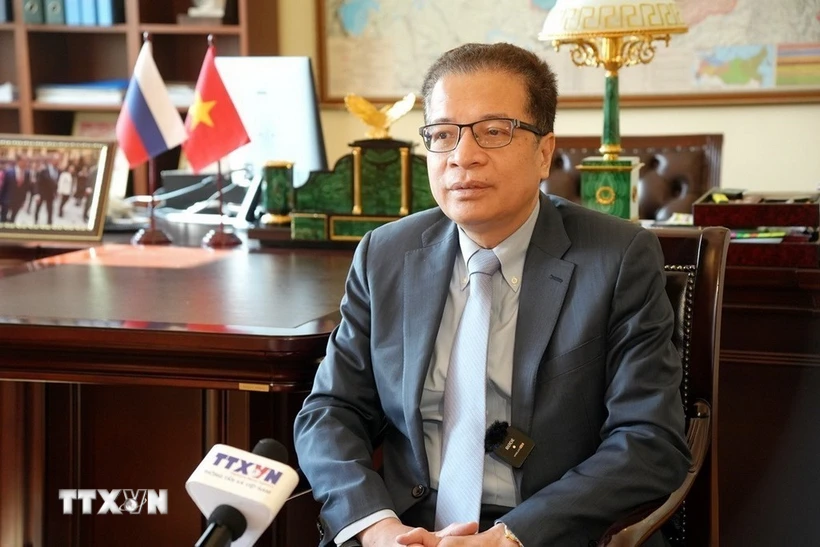











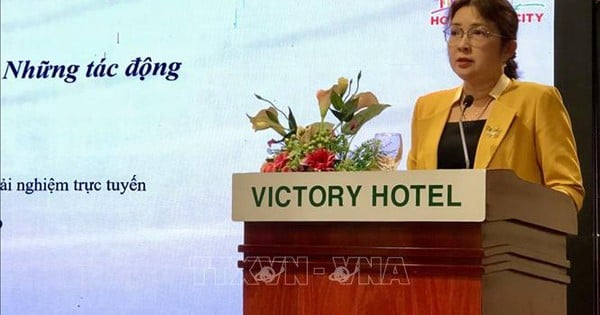

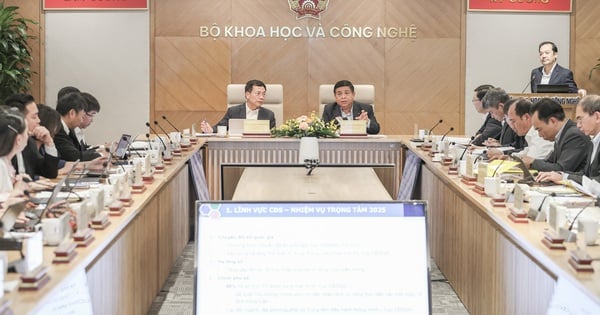




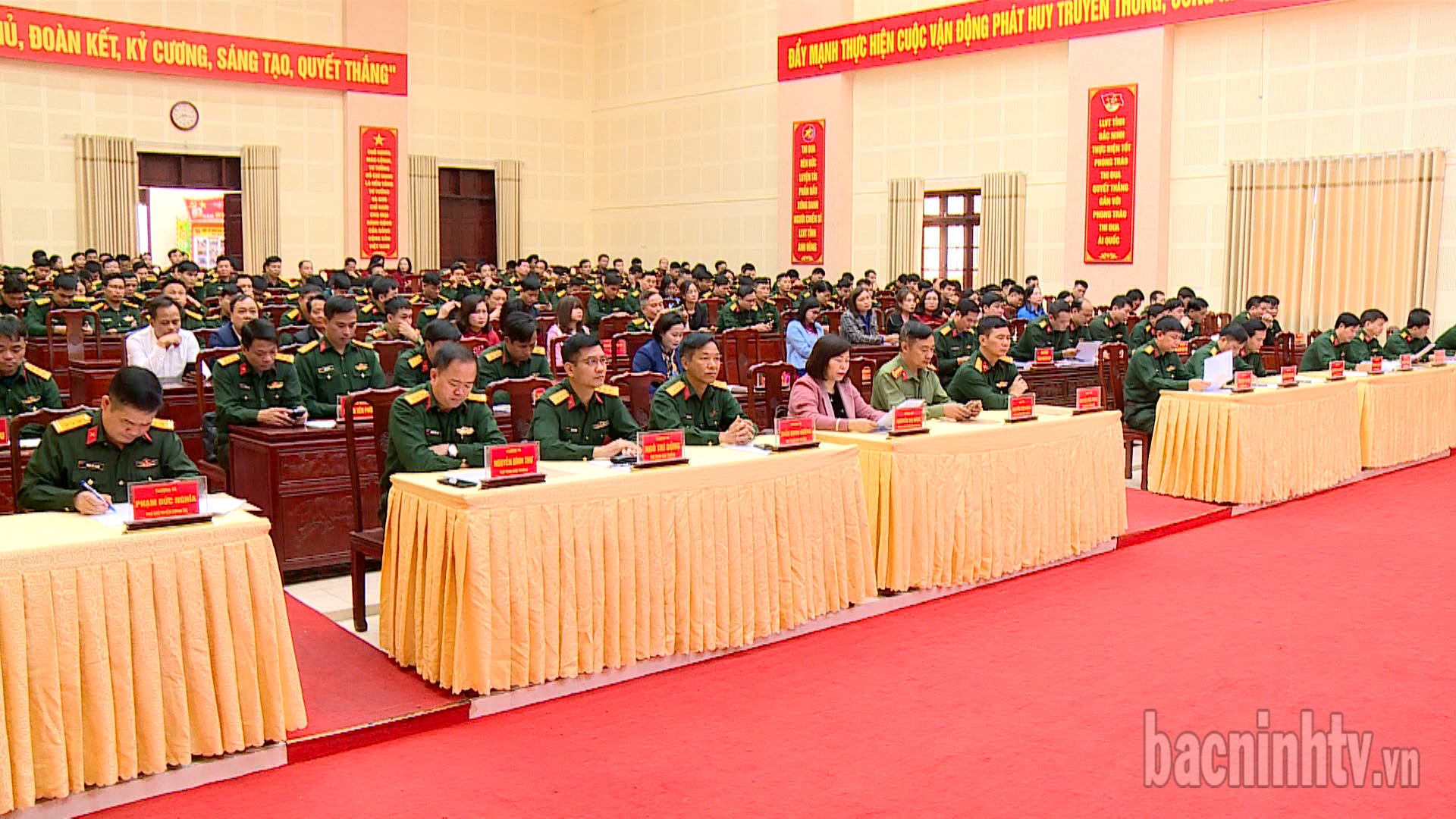
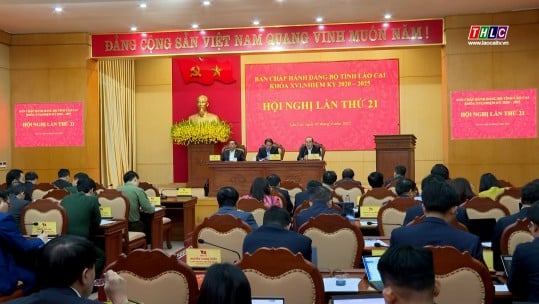
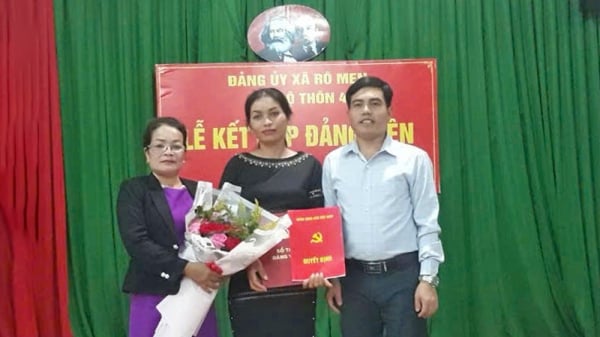












Comment (0)